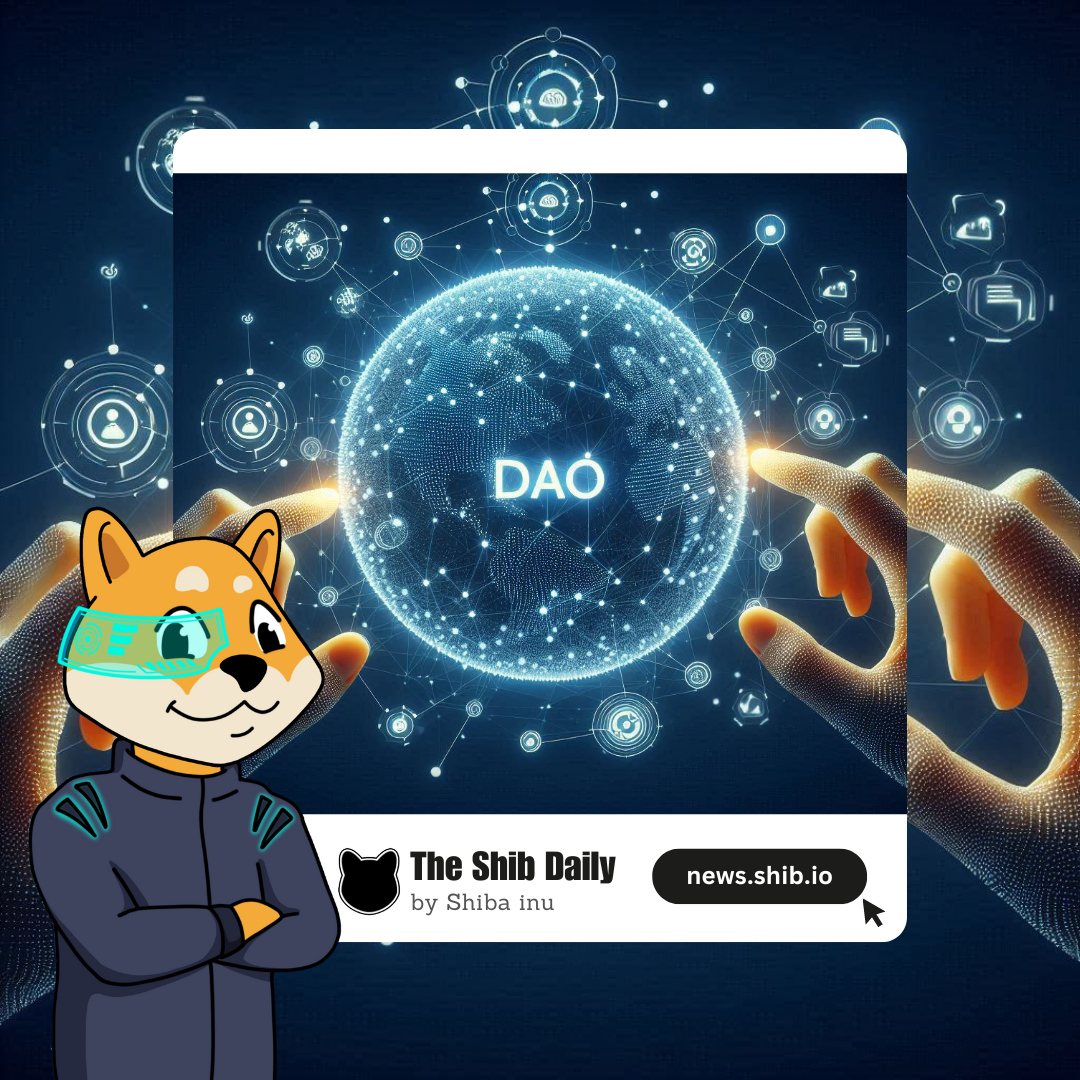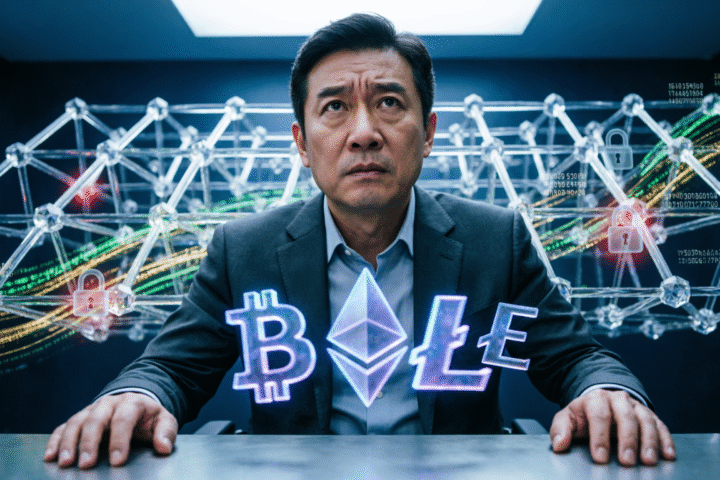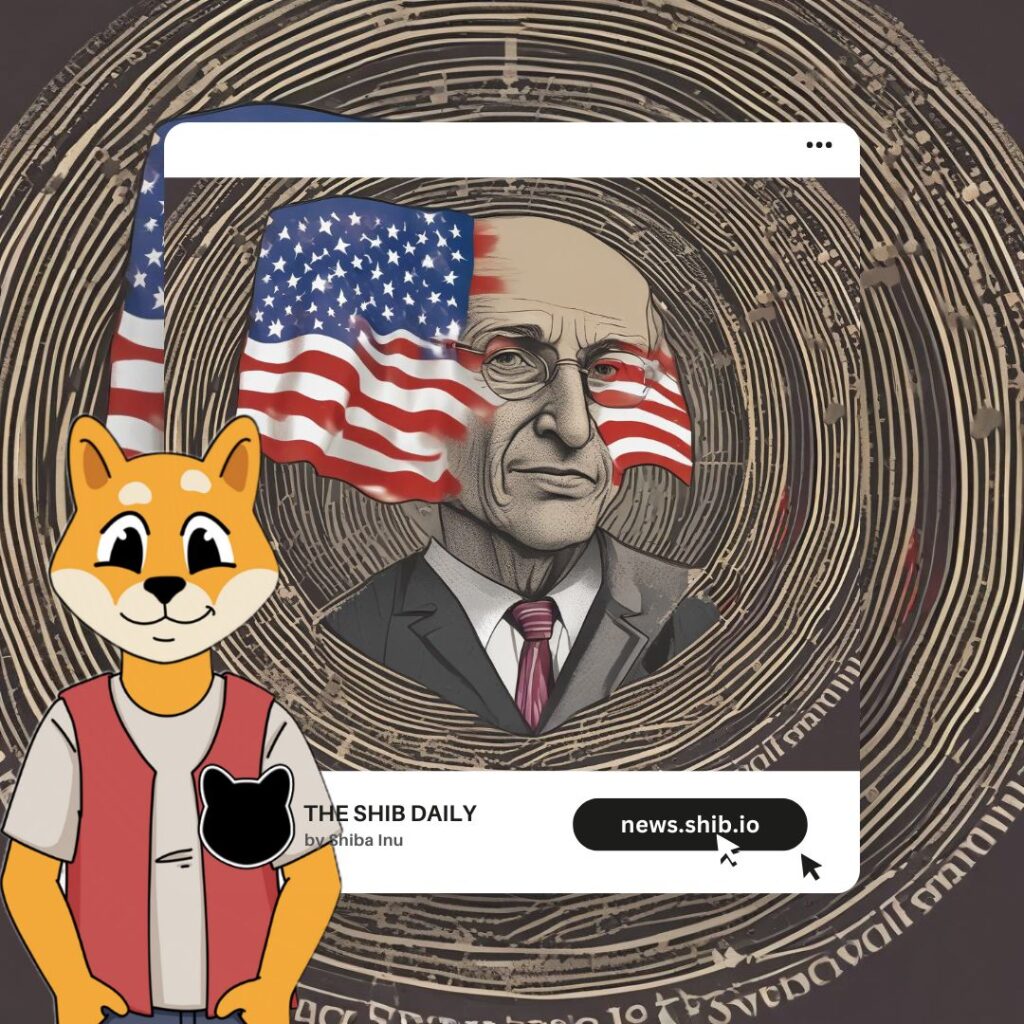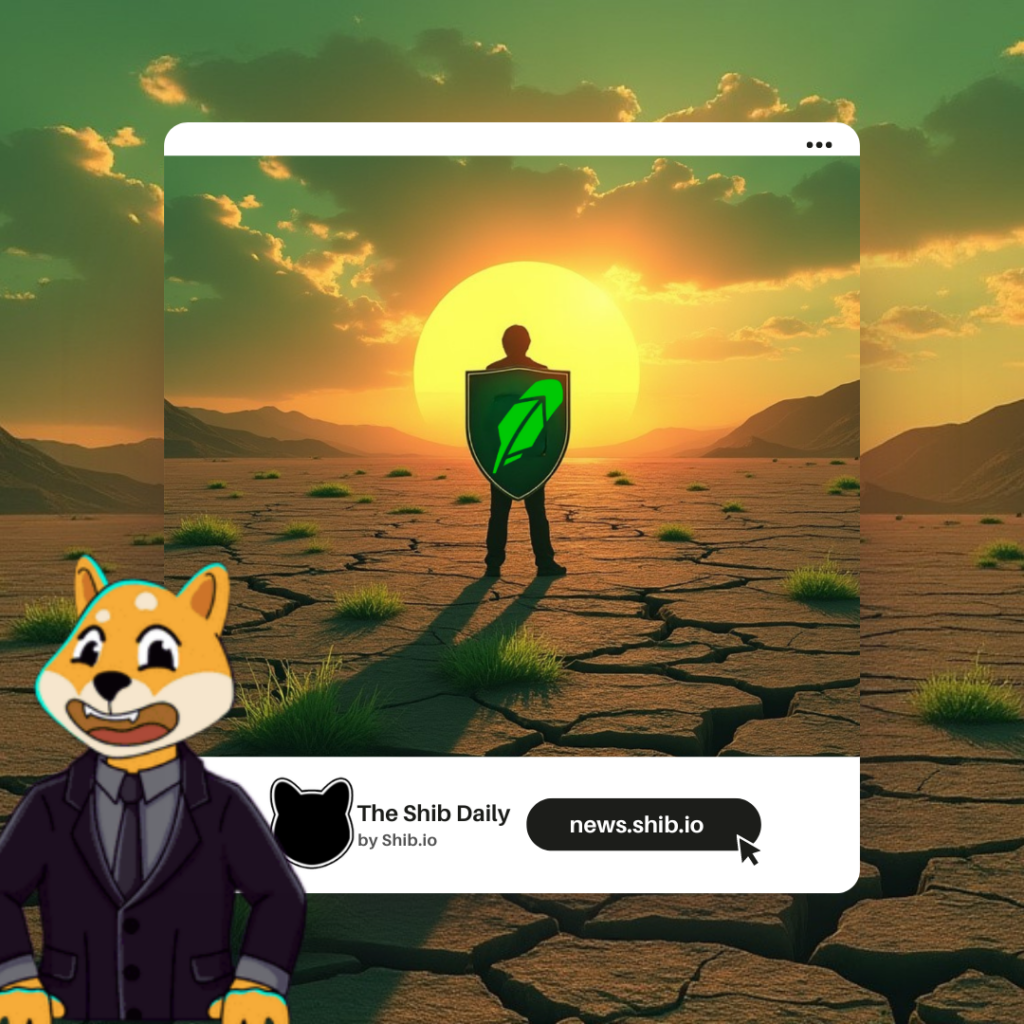Decentralized Autonomous Organizations (DAOs) hold the promise of reforming governance through their self-governing nature, yet the same characteristic gives rise to significant risks. DAOs can be usеd as tools for decentralized mobilization and governance capture, enabling fringe groups to form autonomous structures that exploit power and control or operate outside necessary societal norms. If left unchecked, the dark side of DAOs could become a breeding ground for harmful ideologies and organized manipulation.
Increasing Adoption of DAOs
As per the latest statistics from DeepDAO, the cumulative treasury across various DAOs stands at a substantial $20.6 billion. A significant portion of this fund, amounting to $17.5 billion, is currently held in liquid assets while $3.1 billion is under vesting.
The widespread participation in DAO governance is evidenced by the nearly 10.9 million individuals holding governance tokens and аctively participating in decision-making processes. It is worth noting that there are approximately 3.2 million active participants engaged in voting on propоsals and shaping the future of these decentralized entities.

The Dark Side of DAOs
One of the most poignant things ever said about the lack of trust toward politicians was said by author Douglas Adams: “It is a well-known fact that those people who most want to rule people are, ipso facto, those least suited to do it.” Unfortunately, not only does this apply to politicians but to DAOs controlled by individuals with ill intent who use the fundamental philosophy of decentralized organizations for personal gain. This deed is called governance capture.
DAOs face the threat of governance capture when a small faction of participants conspires to skew decisions to serve their interests. Even though DAOs, at their core, advocate for transparency and accountable practices, the lack of centralized leadership can make it difficult to ensure that individuals are held accountable for their actions. In situations involving misconduct or fraud, options for recourse may be restricted since therе’s no governing body to enforce regulations or settle conflicts.
But there is a silver lining.
Confronting Governance Capture
The Shib Daily asked Buzz, the pseudonymous founder of K9 Finance DAO, Shiba Inu’s liquid staking derivatives partner, and an emerging key opinion leader in the DAO space, some questions about these dangers that can plague DAO projects. This interview seeks to shed light on what exploitative actors can do, and how to safеguard against their wiles.
The Shib: How can a small group exploit decision-making processes within a DAO for personal gain, and what mechanisms can be put in place to prevent such malicious acts?
Buzz: It’s very important to set up a DAO so that a small group of people cannot exploit decisions. It is easy to set up a DAO, but it becomes more complicated when adding a layer of decentralization and governance. There needs to be checks and balances аnd different roles for individuals that restrict their power and access, while giving a voice to the masses.
Related: Binance Founder Zhao Says Lack of Privacy Hampers Crypto Payments Growth
The Shib: In the absence of a centralized authority, how can accountability be ensured within a DAO to prevent misuse or exploitation by individuals or groups?
Buzz: The best way is to have a fully on-chain DAO that can be actioned by token holders, but more decentralization comes with a drawback – and that is a slower speed of operation.
The Shib: What are some red flags that potential investors or participants should look out for to determine if a DAO can be trusted and has safeguards against governanсe capture/manipulation by a few members?
Buzz: The biggest red flags are when only a select few people can submit DAO proposals, when a select few people can decide which proposals go to a vote, and the same set of individuals are responsible for not only actioning the successful votes, but also defining the parameters of how the voting system operates. A DAO can still act ethically with these traits, but there is a certain amount of trust granted by the community to those individuals.
The Shib: What are some best practices or strategies that DAOs can implement to mitigate the risks of governance capture and ensure fair decision-making processes for all members?
Buzz: Best practices here are to elect multi-sig signers, allow for DAO submissions from all members to elect a subset of the community responsible to review proposals, and elect a group of individuals who are responsible for implementing votes. To decentralize the power, you want to have these individuals be distinct within these DAO roles. Overlap between groups can cause centralization.
Related: Kusama Reveals Details Of New AI Product in Recent Livestream
The Shib: How can the governance structure of a DAO be designed to promote transparency, prevent manipulation, and protect the interests of all participants?
Buzz: I do believe the K9 DAO is a great example for how to properly set up a DAO, but all DAOs are currently experiments. We are always learning from the successes and failures of other groups. With K9, any token holder can submit a proposal. Then there is an elected group of individuals who review proposals. They have a DAO Chairman who ensures that this group meets monthly to discuss and vet proposals. Then, if a prоposal meets the proper criteria, all token holders can vote on the prоposals that are successful.
Buzz: After a vote goes through, there is an implementation plan to follow that requires a different group of people (the management council, who is also elected) to enact the vote. By using different sections of people with distinct responsibilities, this helps to decentralize the entire process.
Buzz recognizes that DAOs are currently in an experimental phase, yet the vision of a secure and efficient environment for decentralized organizations seems within reach for the future. By considering these best practices and other effective methods endorsed by notable DAO experts, governance capture can be handled efficiently by DAO members or, in the best-case scenario, avoided altogether.












